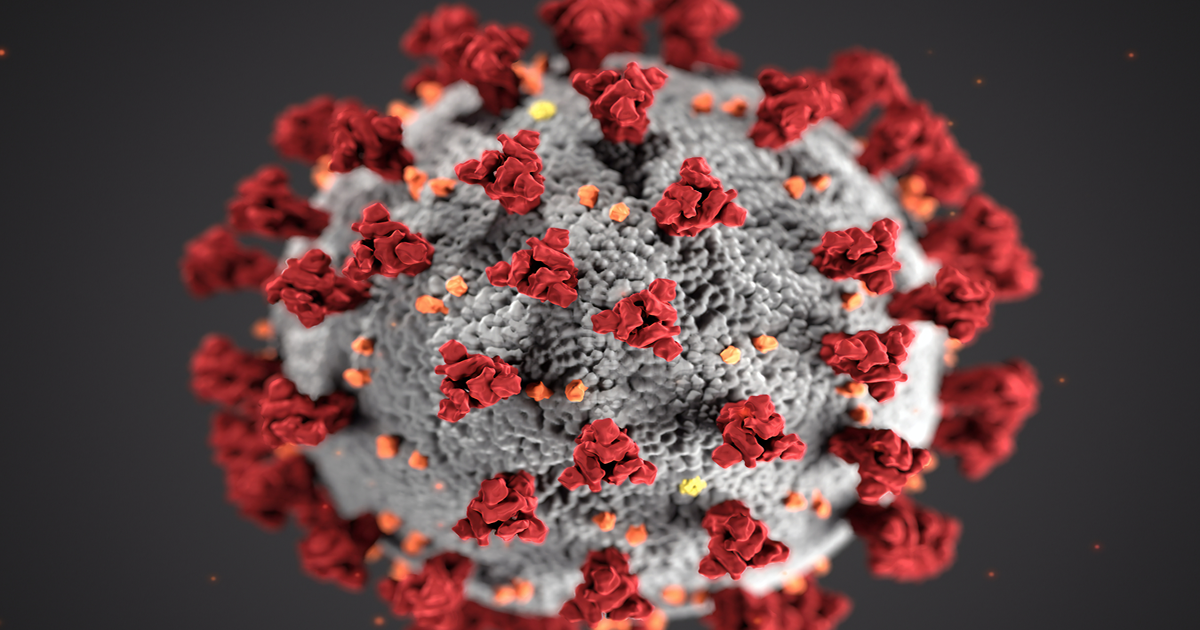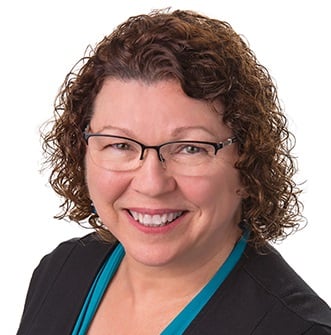You can’t turn on a TV or read a news story without hearing about the continuing spread of coronavirus. Travel plans are being postponed, events and conventions are being cancelled, and sales on products like hand sanitizer are spiking. Coronavirus has kept cruise ships from docking and reminded the entire world how important it is to wash your hands. Many workplaces and colleges are encouraging remote work from the safety of home. It’s even been blamed for a recent thousand-point drop in the stock market.
A quick browse over the internet would be enough to convince anybody that the world is ending. But the situation isn’t that dire, we promise. However, that doesn’t mean you shouldn’t take precautions, particularly as a senior care provider. Here’s what we know about coronavirus, how it can affect your senior care community, and what you should do:
The Facts on 2019 Novel Coronavirus
Coronaviruses are a large family of viruses that are common in people as well as a variety of animals. This particular virus, designated as SARS-CoV-2, causes a disease called COVID-19 (short for COronaVIrus Disease 2019). The virus originated in China and has spread throughout the world in just the last few months. As of this writing, the worldwide death toll is just under 4,000 people, and confirmed cases number in the hundreds of thousands. Also important to note is that over 60,000 people have already made a full recovery from the virus, a fact that is not being reported as often as it should be.
Coronavirus infects the lungs. According to experts interviewed by BBC News, the disease seems to begin with a fever, followed by a dry cough and shortness of breath. Other symptoms include headache, muscle pain, and fatigue.
How Dangerous Is Coronavirus to Senior Care Communities?
Novel Coronavirus 2019 is most dangerous to the elderly and those with compromised immune systems. People with pre-existing medical conditions like asthma, diabetes, and heart disease are also more susceptible.
Because the virus is particularly dangerous to the elderly, it’s not hard to see why senior care communities would be on alert. Due to the proximity of residents to each other and to staff, one senior contracting the disease would increase the likelihood of the virus spreading throughout your community. However, just because something is possible doesn’t mean it’s likely.
Should We Be Worried About Coronavirus?
On the surface, the facts about coronavirus are scary. Almost 4,000 people have died from COVID-19 so far. However, when compared to more common diseases, it loses a bit of its fear factor. For example, over 16,000 people (and counting) have died from the flu during the 2019-2020 flu season. And that’s with widespread availability of flu vaccines.
Looking only at the numbers, COVID-19 is only lethal for a very small percentage of the people it infects. Of the cases reported so far, only 3-4% of those infected have died.
That’s not to say that the virus and the disease it causes aren’t serious. But we don’t believe it’s the world-ender the media is making it out to be.
What Can We Do to Safeguard Our Community?
That being said, there are some simple things you can do to help keep your community safe from COVID-19:
- Wash, wash, wash your hands. It goes without saying, but we’re going to say it anyway. Your staff should be washing their hands frequently. Many media outlets have released instructional videos and guides, but we like the video offered by USA Today. Click here to watch.
- Flu shots all around. While flu shots will not help stop the spread of coronavirus, fewer cases of the flu mean more resources for fighting COVID-19. Also, the healthier your residents are, the more resilient they will be toward other viruses.
- Invest in sick days. Encourage your staff to stay home when they are feeling sick. Yes, we know you’re short-staffed. Everyone is. But the ramifications of them coming to work when they’re sick aren’t worth it. Even if they don’t have coronavirus, infecting your residents with any kind of disease will weaken their immune systems and make them more susceptible to other infections.
Despite what the media coverage might make you think, coronavirus is not the end of the world. While it is dangerous, particularly for the elderly and the immunocompromised, there are steps you can take to ensure you and your senior care community remain unaffected.
/Prime-Care-Technologies-Logo.png?width=191&height=55&name=Prime-Care-Technologies-Logo.png)


/PCT-Trans.png)

